Unlocking Equity:
Social Justice Research for K-12 Educators
We believe in the transformative power of research and its potential to shape and enhance classroom instruction and policies. By making social justice research readily available to educators, we pave the way for informed, research-based changes that could lead to more equitable educational outcomes.
Summer 2024 Issue
Educators’ Experiences With Censorship
Teachers and librarians face overt and preemptive censorship when selecting books for students, often resulting in the removal or exclusion of diverse literature. This study reveals educators’ perceptions of censorship and the resources they use to combat it amid a rise in book challenges.
Building an Early Childhood Diverse Booklist for Social and Emotional Learning
Are you an early childhood educator interested in using picture books to teach social and emotional skills? Learn how these books can develop the five key competencies of SEL: self-awareness, social awareness, self-management, relationship management, and responsible decision-making.
White Caregiver Perceptions of Equity Work in Schools
Many schools have increased their diversity, equity, inclusion, justice, and anti-racism (DEIJA) efforts in response to events like the murder of George Floyd. This study explores the perspectives of various stakeholders at an elite, independent K-12 school in a major U.S. metropolitan area where DEIJA initiatives have been implemented.
Prevent–Teach–Reinforce for High School Students With Emotional and Behavioral Disorders
Struggling with implementing behavior intervention plans (BIPs) for high school students with emotional and behavioral disorders (EBDs)? This article explores Prevent-Teach-Reinforce (PTR), an effective BIP evaluated in a high school setting with two teachers and three students, aimed at reducing office discipline referrals, suspensions, and expulsions.
Inclusion, Absenteeism, and Disciplinary Outcomes for Students With Disabilities
Students with disabilities (SWDs) in the U.S. face higher suspension and chronic absenteeism rates, leading to decreased learning opportunities and heightened risks of dropping out and over-representation in the juvenile justice system. This article analyzes five years of demographic, attendance, and discipline data for SWDs in Michigan’s K-12 public schools to explore the impact of inclusive education on these outcomes.
Promoting Inclusion in Play-Based Learning for Children With Developmental Disabilities
Are you a Kindergarten teacher who believes in the benefits of play-centered curricula for all children, including those with neurodevelopmental delays and disabilities (NDD)? This study reveals how eight kindergarten teachers in Ontario, Canada, conceptualized and fostered the inclusion of children with NDD in their play-based classrooms.
Spring 2024 Issue
Improving Mental Health Among Transgender Adolescents
Transgender adolescents exhibit depression at a rate four times higher than their cisgender peers, and they are five times more likely to attempt suicide. Though research on the topic is relatively new, there are self-compassion strategies and interventions that could lead to improved mental health outcomes for this vulnerable group.
Today’s Civil Rights Fight: What’s Math Got to Do With It?
Research shows that there are three common systemic barriers to Black student participation in STEM programs at all grade levels. This article reviews the research, describes those barriers, and offers recommendations for overcoming them, with particular attention given to the most impactful leadership moves.
Elementary English Learner Classroom Composition and Academic Achievement
Research consistently shows that diverse classrooms with integrated language proficiency policies are more beneficial to English learners than classrooms segregated by student ability. But guidance for developing such policies is scant. This study fills that gap and shows that integrated approaches also benefit teachers, English-proficient peers, and the social-emotional outcomes for all students.
Affordances of Multilingual and Multimodal Literacy Engagements of Immigrant High School Students
Educators are tasked with providing immigrant students with a smooth and equitable transition to school, a challenge that goes beyond ensuring students learn the primary language of instruction. These students confront racism and negotiate power imbalances pertaining to their multiple and intersecting identities, but research shows that multilingual and multimodal narratives can help address those difficult topics.
Improving Relationships and Student Outcomes Through Restorative Practices
What do you know about restorative justice? Are you familiar with its basic principles? This review of literature offers exercises and resources to educators looking to implement restorative practices in their classrooms, especially for students with mild to severe emotional or behavioral disorders (EBDs).
Racial Identity and Civil Rights Literature for Black Children
Educators face numerous challenges when teaching the Civil Rights Movement, and students suffer whether the cause is insufficient curriculum materials or a lack supporting resources. But engaging with the difficult topics raised by this subject matter is crucial for student development and can improve everything from racial understanding to teacher practice.
Featured Books
![Antiracist Reading Revolution [Grades K-8] book cover book cover](https://corwinpress.azureedge.net/sp-corwinpress-prod/images/default-source/books/book-285663-v285663-130242-u63838490040000000.jpg?sfvrsn=b4156fb9_0)
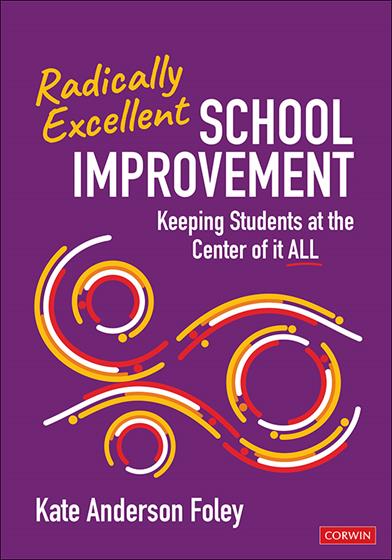
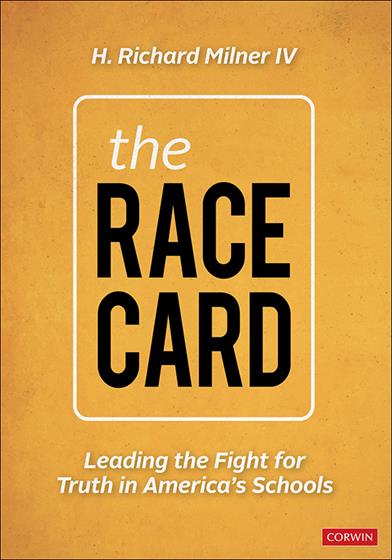
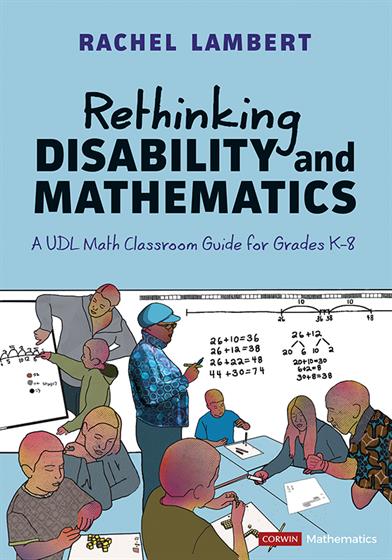
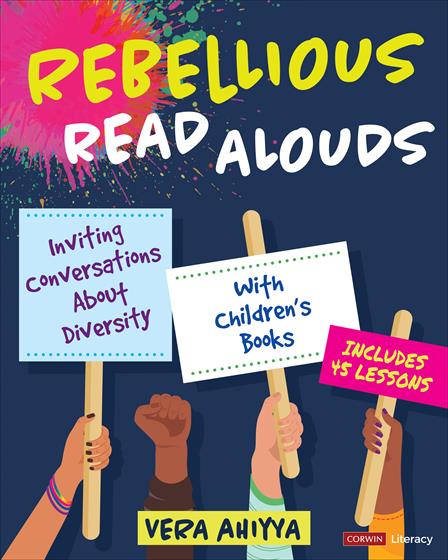

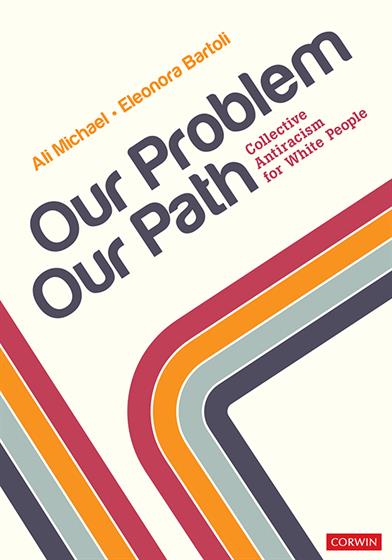
Archived Issues
Access our plain language summaries, reflection questions, and related resources for archived articles.
Fall 2023
- How Frequent Teacher Referrers Expand Racial Disciplinary Disproportionalities
- Black History Curriculum
- Latinx Students' Perceptions About Their Experiences
- Culturally Adapted Support for Black Male Learners
- Supporting Equity in Cooperative Mathematics Learning
- “Discomfort” as Resistance to Transgender Student Affirmation
- Does Reclassification Change How English Learners Feel About School?
- Gender Disparities in AP Computer Science Exams
